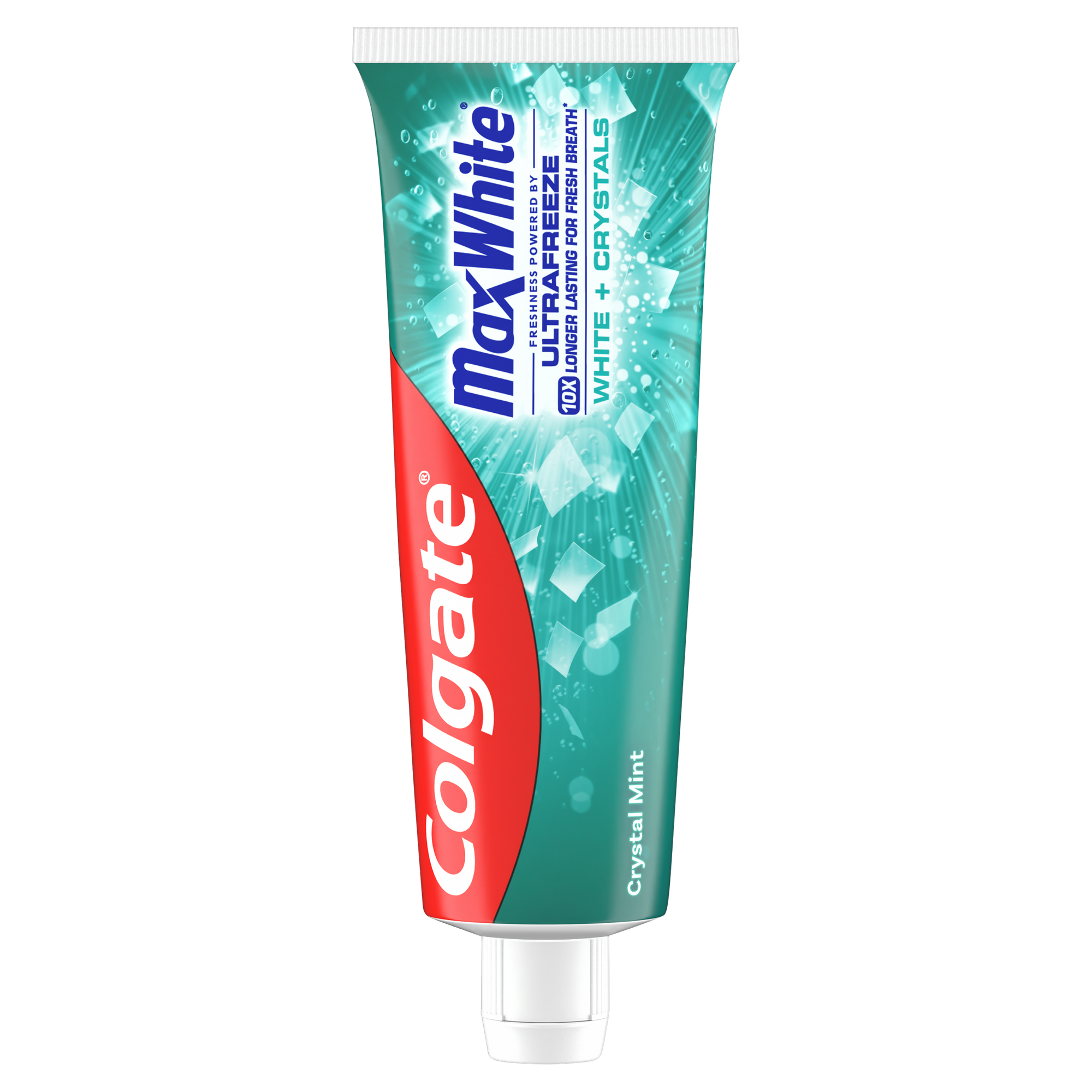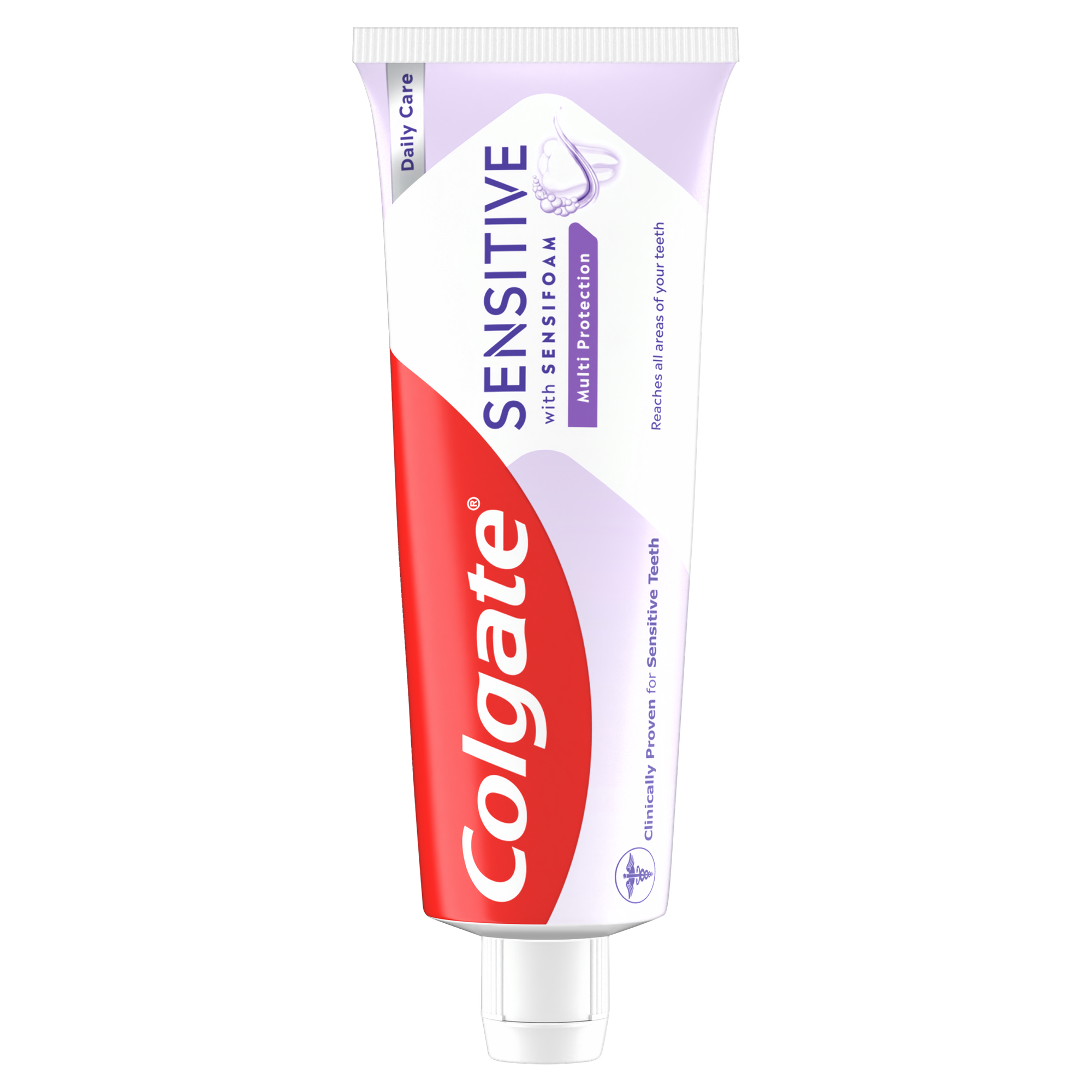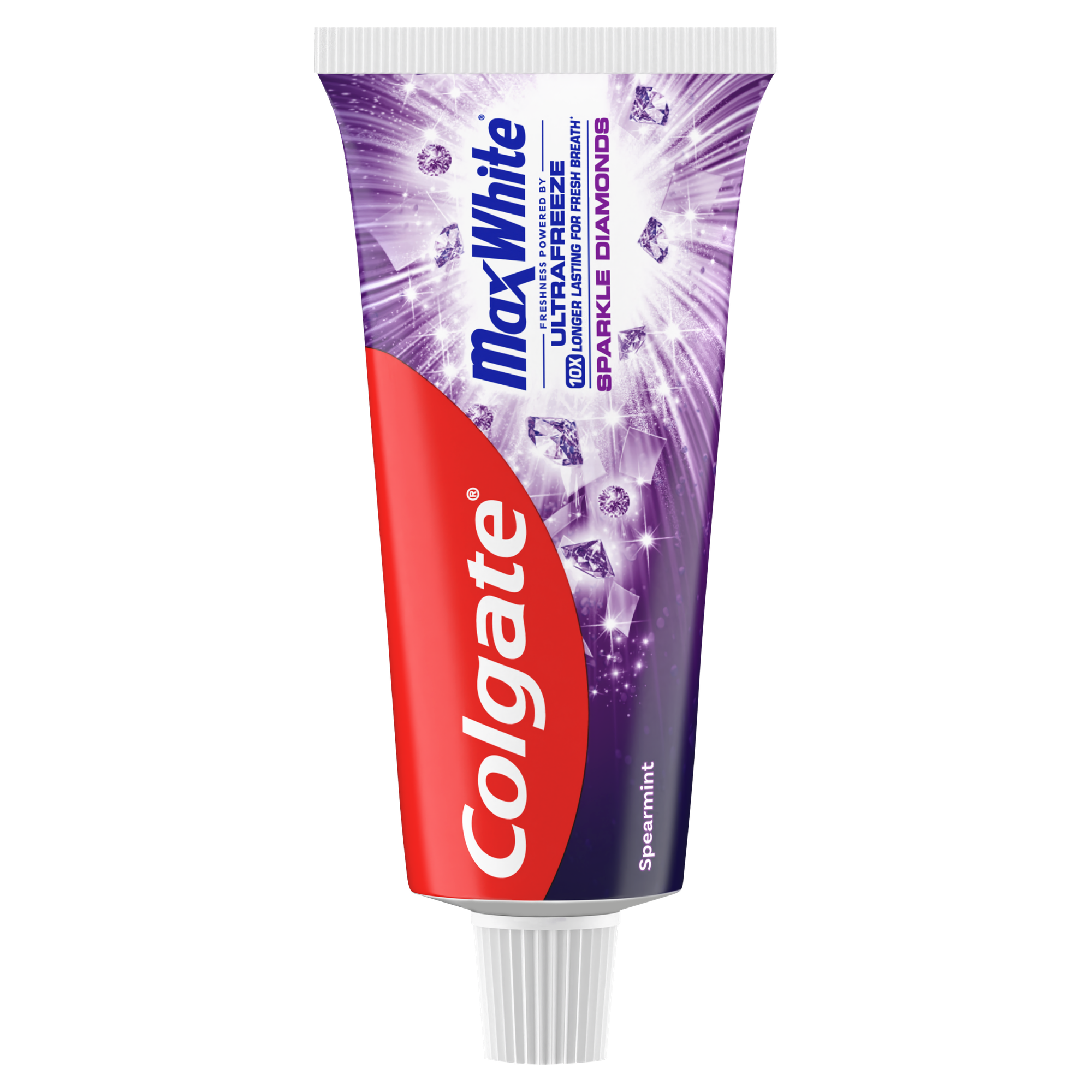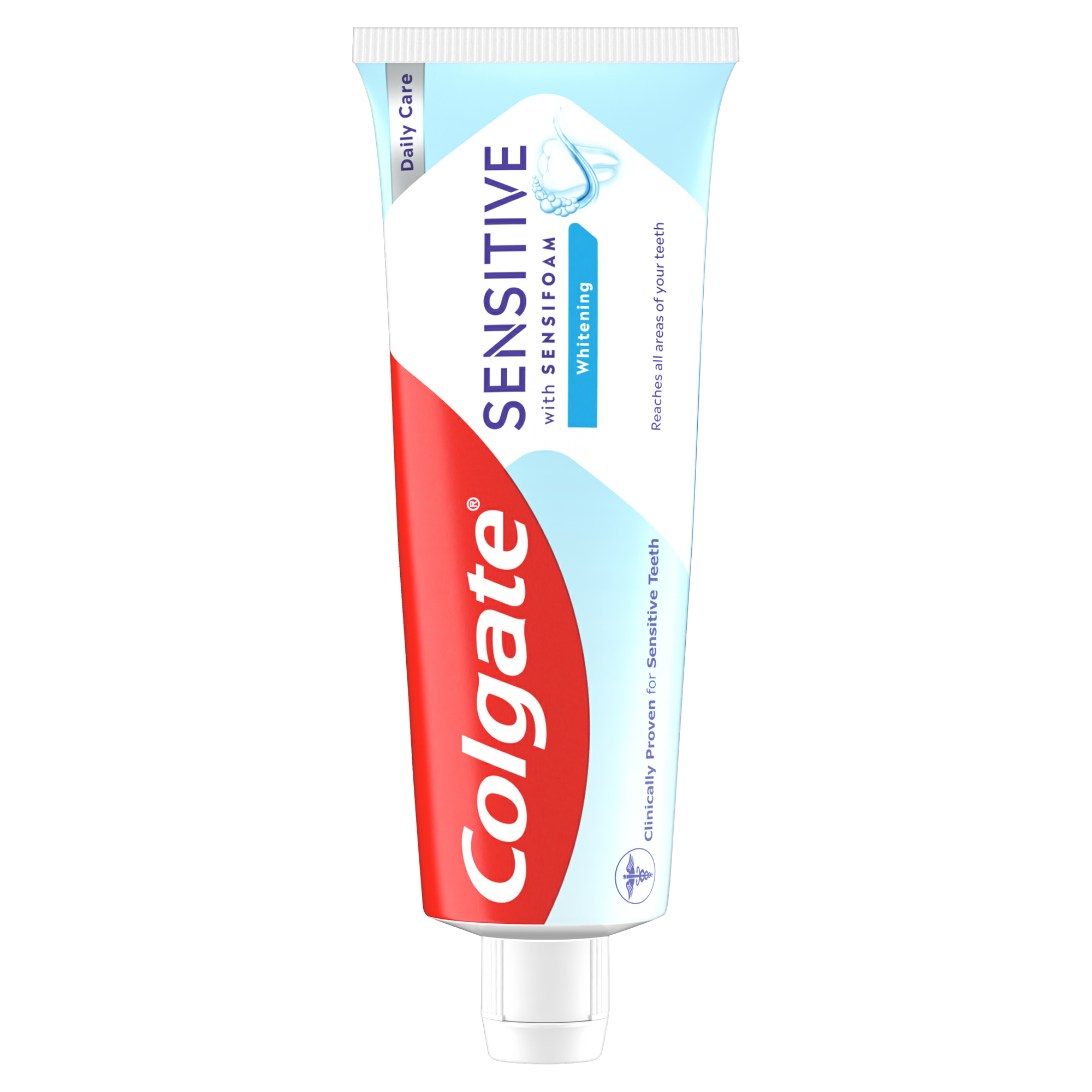Anatomy of Tooth Nerve Pain
Each tooth is composed of four parts: enamel, cementum, dentine and pulp.
- Enamel is the strong outermost substance on the tooth. Its purpose is to protect the tooth's crown.
- Cementum is the next layer, which protects a tooth's root below the gumline.
- Dentine comes next, although it's not as dense as your enamel or cementum. Contained within the dentine are microscopic tubules, all of which connect to the tooth's pulp.
- The pulp houses a tooth's nerves, so when the dentine has worn away, certain foods and drinks can reach the nerves via the tubules, resulting in tooth sensitivity.
How the Nerve Becomes Exposed
The nerves inside the pulp of our teeth are very sensitive and can become indirectly exposed to the foods and drinks that we consume. Some of these foods and drinks can produce a painful response. Most commonly, these can be cold, hot and sweet foods and drinks. When these nerves are indirectly exposed through the dentine tubules, they can even become sensitive to brushing and movement. Here are some causes of tooth nerve pain:
- Cracked Teeth: You may be experiencing a cracked tooth if you feel pain when chewing. These cracks can also result in sensitivity to changes in temperature.
- Gum Disease: As gums recede, the underlying dentine tubules are uncovered, allowing hot and cold foods and drinks to affect the nerves in your teeth.
- Tobacco Use: Smoking and the use of smokeless tobacco can damage teeth and gums, leading to tooth sensitivity.
- Tooth Grinding: People who suffer from grinding teeth (known as bruxism) often grind their teeth while sleeping. This can lead to damaged tooth enamel, uncovering the underlying dentine tubules, which eventually may lead to tooth sensitivity.
- Sugary Foods: Cavities (known as dental caries) are damaged openings in the hard surface of your teeth. Sugar is a contributing factor to the formation of cavities, leading to an increased risk of tooth nerve pain.
- Poor Oral Hygiene: Improper brushing and flossing can lead to tooth decay and gum disease. Proper oral hygiene can go a long way in preventing the formation of tooth nerve pain.
Foods to Avoid
Identifying which foods are the culprits of your pain allows you to focus on what you should consume to mitigate the irritation. When the underlying dentine tubules are exposed, the most common types of foods associated with nerve pain are hot and cold, sugary and sweet, and acidic and sour. Remember that drinks fall into these categories, too. Iced water, coffee, tea and fizzy drinks can all make you wince in pain if your tooth's nerve becomes exposed. Anything with a high sugar content, such as desserts and fizzy and sports drinks, can contribute to tooth decay as well. Regardless of the food or drink triggers, it is essential to visit your dentist to get a diagnosis of what is the source of the pain and how to resolve it.
As with similar mouth conditions, avoiding tooth nerve pain is possible through good oral care. The foundation for a healthy mouth starts with brushing at least twice a day. Don't forget to floss daily, either. Keep in mind that regular dental check-ups are another crucial component. Your dentist serves as a good resource to recognise any budding tooth issues and to reinforce that your oral care efforts are working.
ORAL HEALTH QUIZ
What's behind your smile?
Take our Oral Health assessment to get the most from your oral care routine
ORAL HEALTH QUIZ
What's behind your smile?
Take our Oral Health assessment to get the most from your oral care routine













